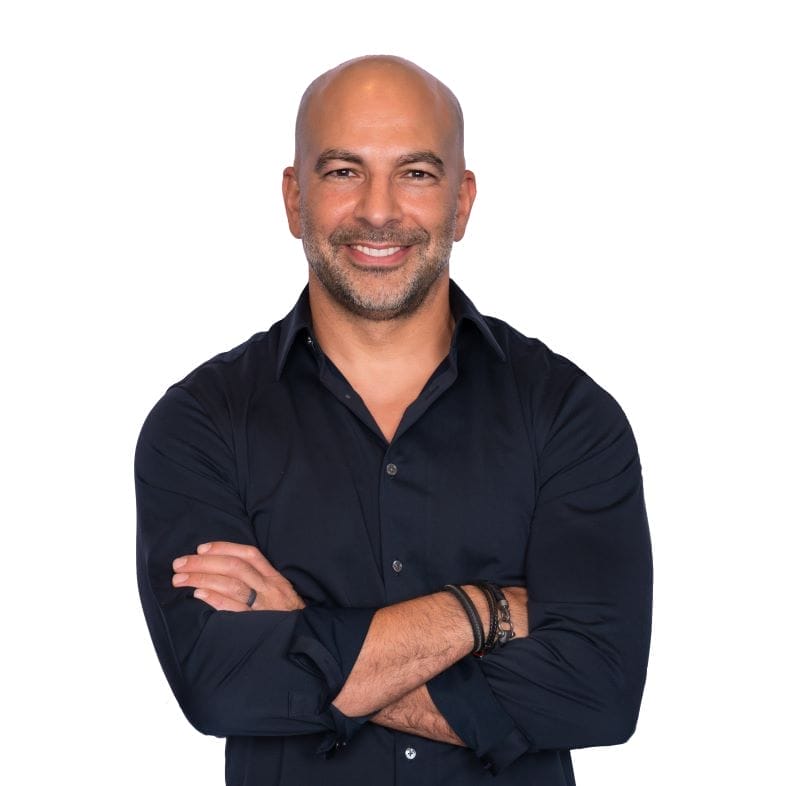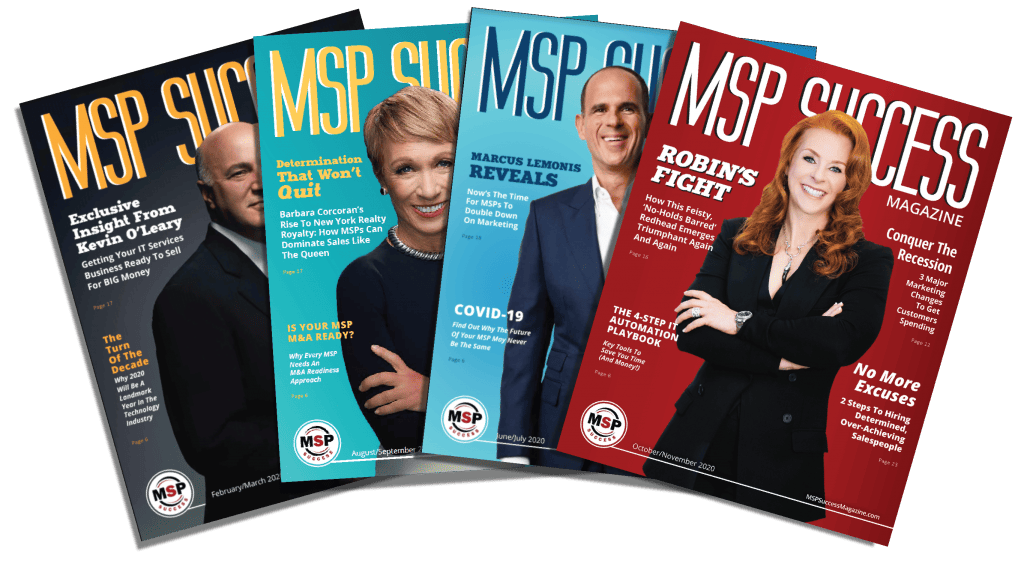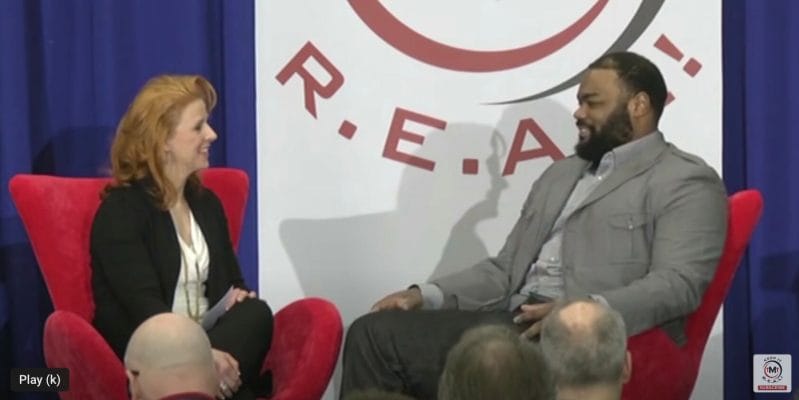Would you rather live long or live well?
Most of us would choose “both.”
While no one has yet found the Fountain of Youth, Peter Attia, M.D., author of the #1 New York Times best-selling book Outlive: The Science and Art of Longevity, says you can apply the principles of longevity science to ensure a better quality of life as you age.

Still want to walk your 100-pound dog when you’re 75? Golf or garden at 80? Play on the floor with your great-grandchildren at 90? Attia says you can increase your odds of doing so if you start training now for your last decade of life.
Without intervention, however, many of us will face a decline in our final decade, unable to do the activities that bring us joy. “If you don’t do something about it, you’ll end up decrepit and miserable the last decade of your life,” notes Dr. Attia, who shares his expert advice on nutrition, metabolic health, and life extension on his blog, PeterAttiaMD.com, and as the host of The Drive, one of the most popular podcasts with over 75 million episodes downloaded. (The Drive focuses on maximizing longevity and covers topics including exercise; nutritional biochemistry; physical, mental, and emotional health; disease; and more.)
At a recent event with more than 300 top-tier MSP business owners in attendance, Robin Robins, founder and CEO of Technology Marketing Toolkit (TMT) and MSP Success, interviewed Attia who explained that longevity science focuses not just on living longer (lifespan) but also on living better (healthspan) until your last breath.
What follows are highlights of how you can profoundly improve both your lifespan and healthspan by applying the principles of longevity science.
Lifespan Vs. Healthspan
Longevity consists of lifespan and healthspan. “Lifespan is binary—you’re alive or you’re dead,” Attia explained. “One part of longevity is therefore living longer.”
Healthspan, on the other hand, is a measure of how well you live.
Traditionally focused on staying free of disability and disease, healthspan comprises physical, mental, and emotional health.
Physical health involves strength, endurance, and freedom from pain. Mental health includes cognitive abilities. Emotional health, unlike physical and mental health, doesn’t inevitably deteriorate with age and encompasses emotional regulation and happiness. The goal is to extend life and maintain physical, emotional, and mental health.
RELATED: The Habit Hack: Upgrade Your Life One Small Change At A Time
“Living longer and living better are not mutually exclusive,” Attia said. “Enhancing one almost invariably enhances the other.”
The Centenarian Decathlon
The Centenarian Decathlon is Attia’s strategic approach to improving healthspan. It involves tailoring a training program to maintain physical robustness in later years. This program is based on identifying 10 crucial activities you want to be able to do at age 100 (or whatever your final decade’s end may be). The training regimen is not just about one type of exercise but underscores the necessity of a well-rounded program that incorporates strength, cardio fitness, stability/balance, and flexibility.
Everyone’s list, of course, will be different. When customizing your list, consider what is most important to you and the physical capabilities you observe people lacking as they age. For example, Attia wants to be able to travel independently and lift his carry-on bag into the overhead.
What We’re Up Against—The Four Horsemen Of Death
It’s important to understand the obstacles we face as we age. Modern medicine has shifted the primary causes of death. “In the developed world, most people die from heart disease, cancer, neurodegenerative, and metabolic diseases,” Attia explained. “For nonsmokers over 40, there’s a 75%–80% chance of dying from one of these ‘four horsemen of death.’ You need to understand what you’re up against if you want to be successful at living longer.”
While fourth on the list, metabolic diseases—from insulin resistance to fatty liver disease to Type 2 diabetes—are increasing at an alarming rate. Metabolic diseases are linked to poor nutrition and exercise habits, Attia noted. “A conservative estimate is that one-third of Americans will have a metabolic disease,” he said.
A Better Approach To The “Marginal Decade”
No matter our lifespan, every one of us faces a “marginal decade,” a period in later life marked by physical and cognitive decline,” Attia said. He pointed out the irony of people working hard all their lives to achieve success, only to find themselves unable to enjoy the fruits of their labor due to health limitations in this marginal decade.
Attia’s approach to aging, which he calls “Medicine 3.0,” contrasts with traditional medicine’s focus on lifespan. “Medicine 2.0 has extended life expectancy, but it measures lifespan, not healthspan. It manages to add days or weeks to life at great cost, often neglecting quality of life,” he explained.
Medicine 3.0 proposes a shift: “Let’s focus on creating the greatest healthspan. How can we make someone cognitively sharp, strong, fit, and pain-free in their last decade of life?” This approach, he argued, not only enhances healthspan but also benefits lifespan.
This is where your Centenarian Decathlon comes in.
Why You Should Start Training Today
Accomplishing your Centenarian Decathlon goals isn’t the only motivation for training. The statistics on falls are alarming: At age 65, there’s a 15%–30% chance of not surviving one year after a fall, and half of those who do survive never regain full function.
Depending on what activities are on your decathlon list, you may need to be in the top 2.5% for your age and sex for your specific training segments. “It’s not doable in a day. It’s not doable in a week. It’s doable in a couple of years,” Attia said. “It’s never too late to start, but that said, the best time to plant a tree was yesterday and the second-best time is today.”
Attia’s model provides a blueprint for not only extending your life but also giving you the highest percent chance of ensuring those years are of superior quality. This approach requires a commitment to a tailored and rigorous training regimen beyond the norm but promises a rewarding outcome: a healthy, fulfilling life in one’s later years.












